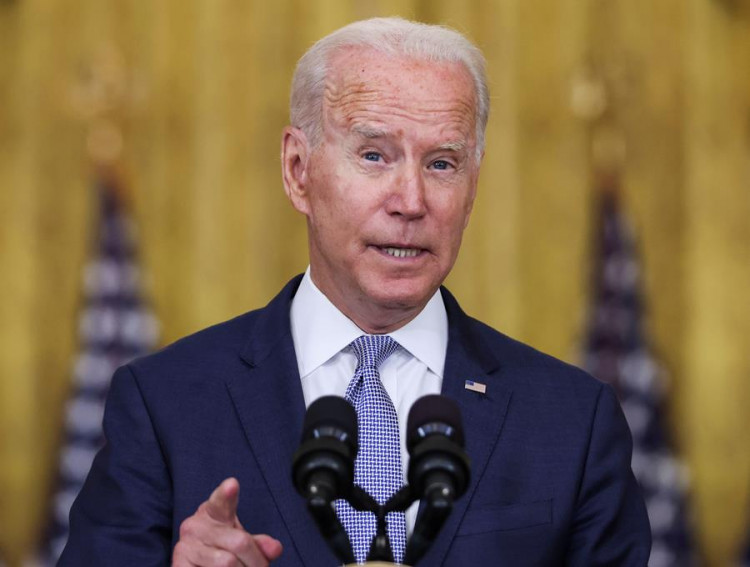The Biden administration is sending a clear message to Israel in the aftermath of Iran's aerial assault on Saturday: stop and think before retaliating. While U.S. officials anticipate that Israel will respond to the strikes in some manner, they are taking both public and private steps to persuade Israel to choose a limited response over an all-out armed counter-attack, fearing the latter could plunge the region into a major war.
President Joe Biden, in particular, wants to avoid any conflict that could draw U.S. troops into the fray, and he has made this clear to Israeli Prime Minister Benjamin Netanyahu. "We're advising them to take a breath before responding," said a U.S. official familiar with the Middle East, one of 10 people granted anonymity to freely discuss closed-door diplomacy. "If Israel does respond, it needs to be proportional and bring this cycle to an end."
To lend weight to their arguments, U.S. military forces assisted Israel in defending itself by downing dozens of the 300 missiles and drones launched by Iran and its proxy militias. As a result, Israel suffered very few hits. "The plan was always to help them defend themselves to the max to limit the damage so that they didn't feel compelled to come back with another overwhelming response and we can de-escalate and be done," said a second U.S. official.
The U.S. hopes that Israel sees Washington as a dependable friend in the face of an unprecedented Iranian strike, despite tensions on other fronts, such as the war in Gaza. In recent weeks, the Biden administration has sharpened its criticism of Israel's military actions in Gaza, where many Palestinian civilians are dying or at risk of famine. However, this weekend, Biden and his aides publicly stressed America's "ironclad" support for Israel and denounced Iran's attack, which was a reprisal for an Israeli attack earlier this month that killed several Iranian military officers in Syria.
The administration also pointed out that the coordinated aerial defenses of the U.S., Israel, and Arab countries proved that Israel was not isolated on the global stage and that Iran could not breach its defenses. A third U.S. official suggested that Israel should consider the successful interception of nearly all the launched missiles and drones as a victory for them and a defeat for Iran, potentially negating the need for a retaliatory attack.
Despite the U.S. urging caution, Israeli leaders have been vague about their next steps. Some Israeli media outlets reported an unnamed official as saying there would be an "unprecedented response," while Netanyahu promised "we will win" in a social media post. An Israeli official, granted anonymity to discuss a sensitive subject, said that "Israel reserves the right to defend itself following this unprecedented Iranian aggression."
The U.S. is also working to coordinate a united diplomatic response to Iran with fellow G7 leaders, signaling a preference for the next moves to involve sanctions or other non-military action. However, the Biden administration risks being painted as weak in urging caution, and Republicans could use this criticism against the president during this election year.




